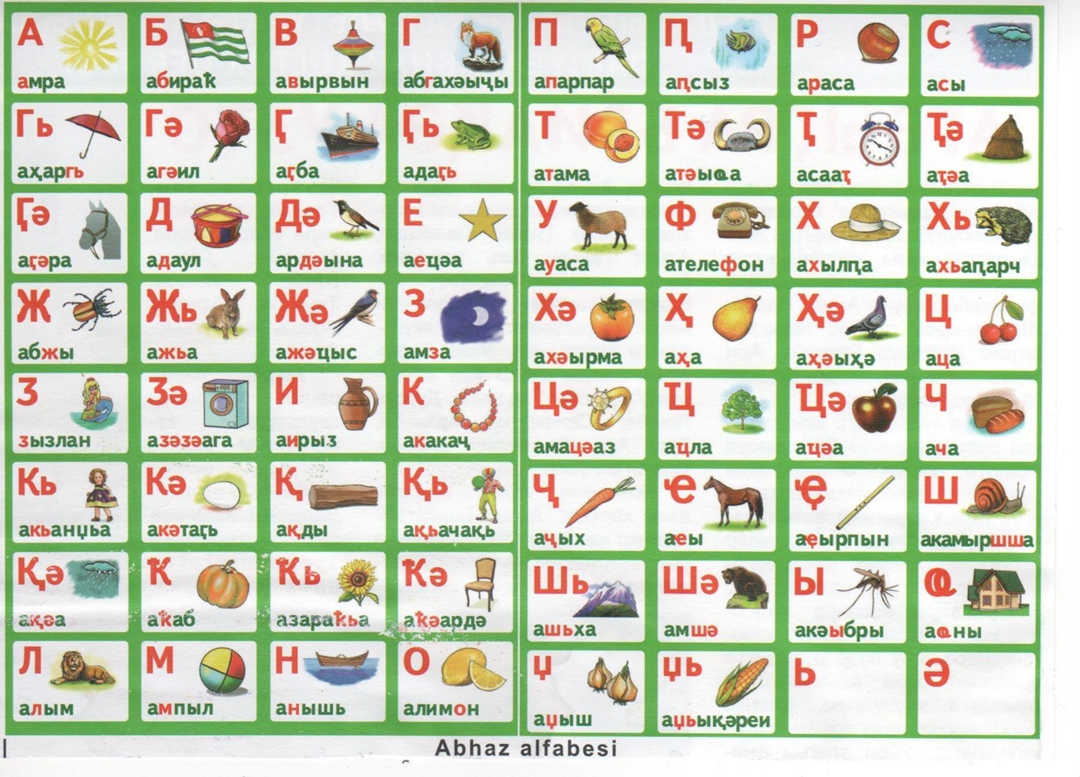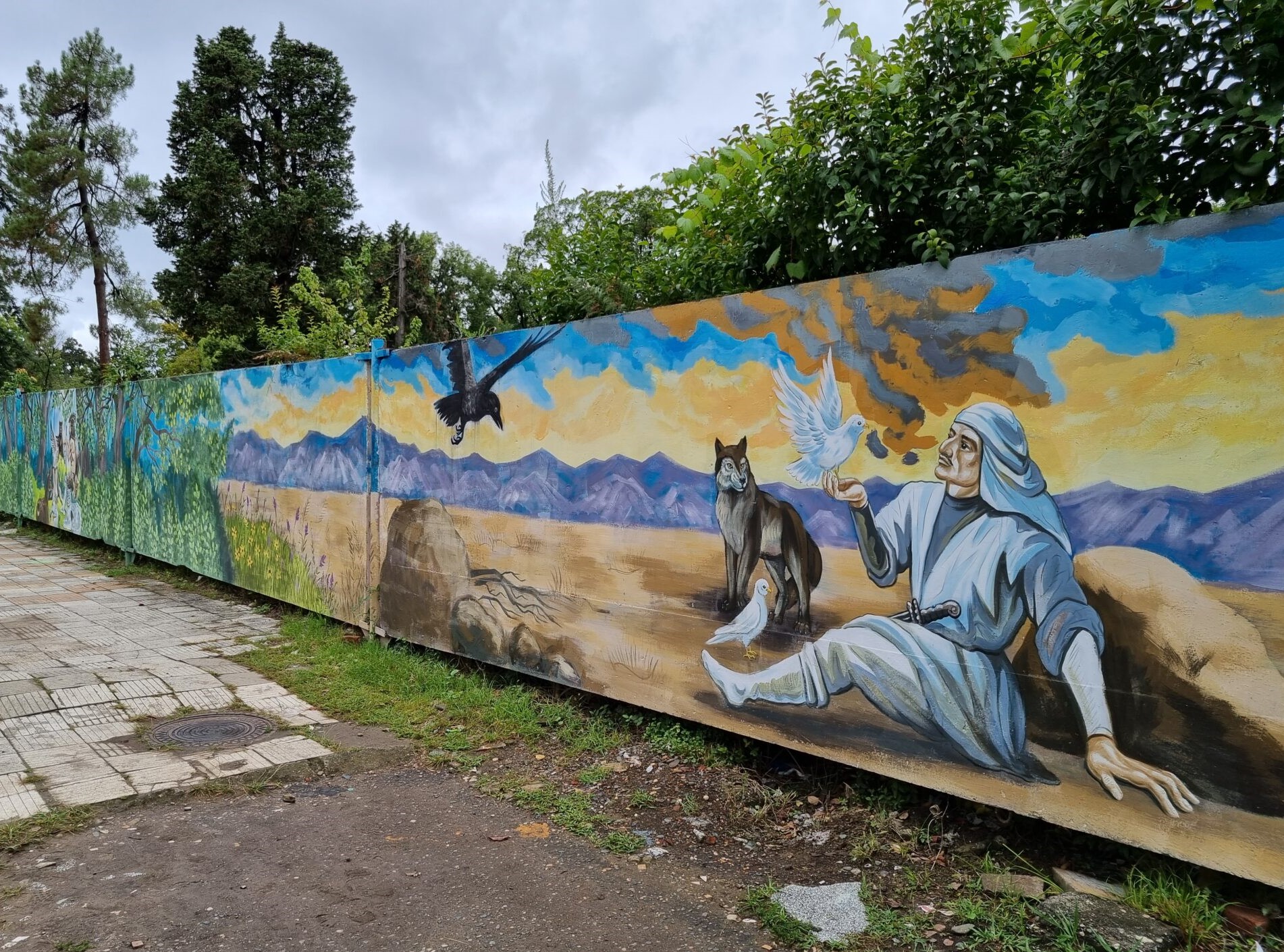Linguists and programmers are teaching neural networks to speak Abkhaz
The Abkhaz language in neural networks
Since 2024, the Abkhaz language has been added to Google Translate, and work is now underway on the Common Voice platform. It is expected that this will allow people to speak Abkhaz with neural networks and various voice assistants in the future.
According to Levan Lagulaa, executive director of the charity foundation working on digitizing the Abkhaz language, the quality of translation in Google Translate is still far from perfect, but the first stage of the project has already been completed.
On May 12, the foundation presented a project for the voice digitization of the Abkhaz language, aimed at integrating it into voice technologies, applications, and translators.
“Additionally, the Abkhaz language is also featured on the Mozilla Common Voice platform. Around 400 people have already recorded their voices, and the platform now contains a million sentences in Abkhaz.
Each user can voice sentences displayed on the screen, which helps develop the Abkhaz language and makes it more functional.
These developments can be used in other platforms, neural networks, machine learning, and artificial intelligence.
We are confident that the Abkhaz language has a bright future, and its potential will continue to unfold with each such technological project,” says Levan Lagulaa.
A key aspect of the project is providing it as open-source, allowing programmers and developers worldwide to use these developments.
The digitization of the Abkhaz language is being carried out not only by the mentioned foundation (named after the classic of Abkhaz literature Bakur Shinkuba) but also by individual enthusiasts.
For example, student Miron Baratelia created a chatbot on Telegram, and according to Levan Lagulaa, the quality of translation from Abkhaz to Russian and vice versa on this platform exceeds that of Google Translate.
“Such projects will give the Abkhaz language the opportunity to be actively represented in the digital world. This means it can be used in any social network and in applications like ChatGPT and others,” says Lagulaa.
In his opinion, this will provide teachers, tutors, and regular users with broader access and opportunities, and eventually lead to the creation and voice-over of books, cartoons, films, dubbing, and the development of educational materials.
“Anyone involved with the Abkhaz language, whether they are residents of Abkhazia or foreigners, will have easy and simple access to learning and using the language,” predicts Lagulaa.
Toponyms, terminology, views and opinions expressed by the author are theirs alone and do not necessarily reflect the views and opinions of JAMnews or any employees thereof. JAMnews reserves the right to delete comments it considers to be offensive, inflammatory, threatening or otherwise unacceptable.
News in Abkhazia




















